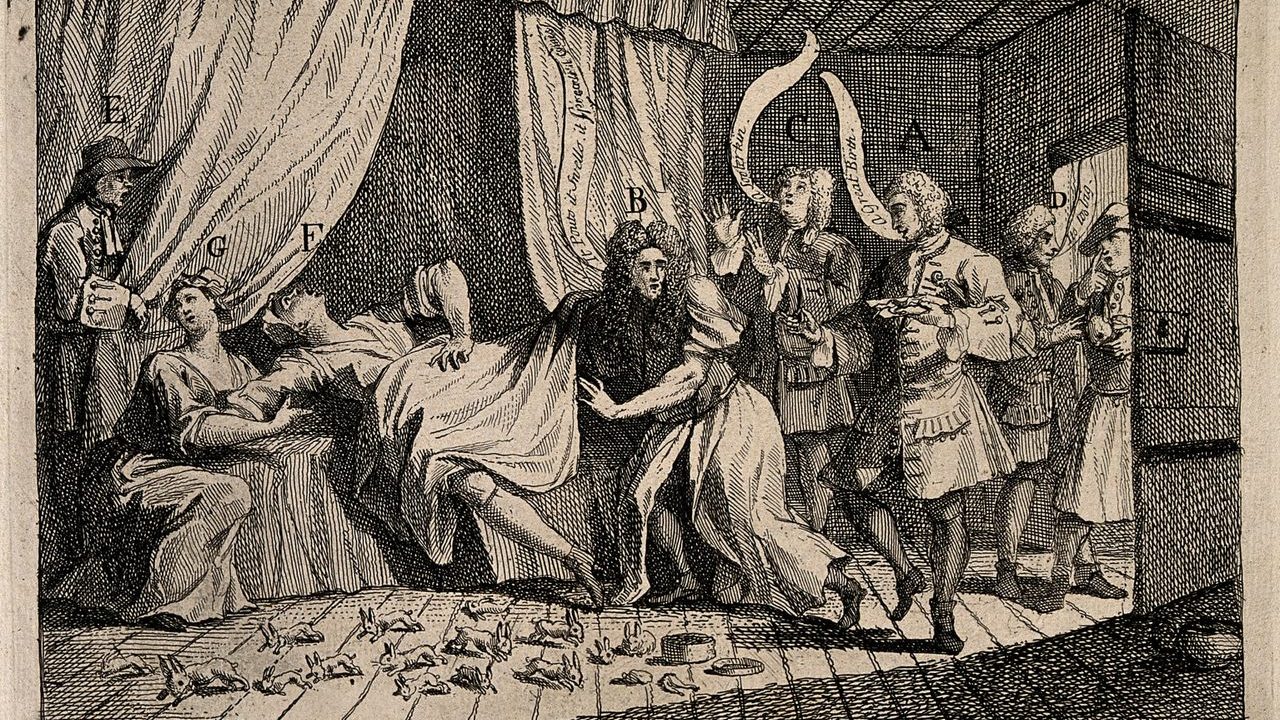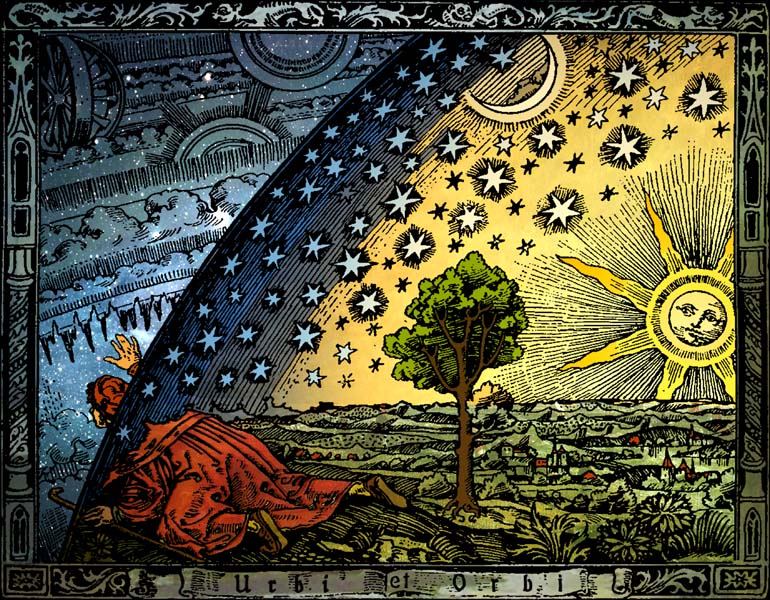Shock Us, Please: Pullman’s “Scoundrel Christ”

“No one has the right to live without being shocked. No one has the right to spend their life without being offended.” This was English author Philip Pullman’s response (speaking at Oxford last March), when challenged on his selection of an adjective for the title of his new book, The Good Man Jesus and the Scoundrel Christ. (“Scoundrel” didn’t work for everyone as an appropriate description of Christ.) Whether or not you agree with Pullman or his critics, isn’t shock an acceptable—and even traditional—response to works of art that re-interpret something sacred?
We need our very finest minds to divine the very finest re-interpretations; Pullman’s book is one of these. His Mary gives birth to twins, Jesus and Christ. Here is a sample of his spare, specific style:
Every inn was full, and Mary was crying and trembling, for the child was about to be born.
“There’s no room,” said the last innkeeper they asked. “But you can sleep in the stable – the beasts will keep you warm.”
Joseph spread their bedding on the straw and made Mary comfortable, and ran to find a midwife. When he came back the child was already born, but the midwife said “There’s another to come. She is having twins.”
This is a story we know well—in this case, plus some “shock.” Or, plus some story. It is via wise shocks that readers are forced to revisit their deepest assumptions, and in Good Man they are given a chance to test assumptions rarely tested, assumptions about a basic faith. While Christopher Hitchens pointed out in the Times Book Review yesterday, “Pullman outbids Monty Python in profanity by having Mary give birth to twins, Jesus and Christ,” profanity in and of itself lacks bite.
Hitchens noted that the bookis one in a series. It is a provocative, deeply literary series, from Scottish publisher Canongate. Karen Armstrong (A Short History of Myth), Jeannette Winterson (Weight, on Atlas and Heracles) and Margaret Atwood (The Penelopiad, on Penelope and Odysseus) have all contributed volumes. Pullman’s is the latest. He should, and has been, applauded for taking risks both stylistic and theological, but it was editors at Canongate who took a uniquely original risk: they claimed the Christ story for their series.
No one has the right to live without being shocked. Why not? Perhaps shock helps us remember. Perhaps it is via the shock of something truly new (have we not had enough somethings old and somethings borrowed where biblical exegesis is concerned?) that we remember some stories are sacred because they are meaningful.
This is the end of Pullman’s answer at Oxford:
Nobody has to read this book. Nobody has to pick it up. Nobody has to open it. And if they open it and read it they don’t have to like it. And if you read it and you dislike it you don’t have to be silent about it. You can write to me. You can complain about it. You can write to the publisher. You can write to the papers. You can write your own book. You can do all these things but there your rights stop.
Amen.





